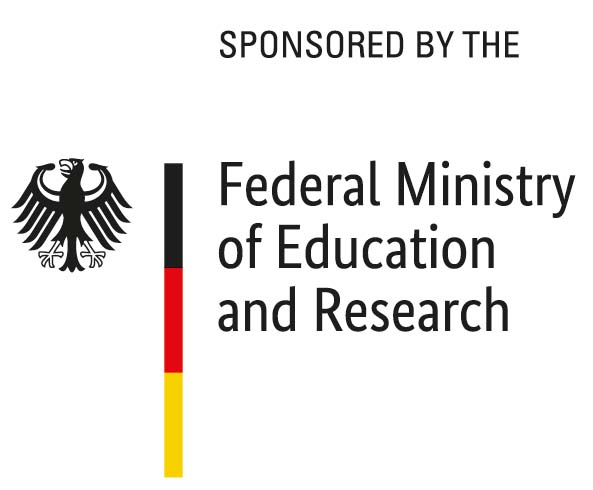Mediation and Autobiographical Ghosts
Authors
In the summer of 2022, New York City Emergency Management released a PSA advising New Yorkers how to prepare in the case of a nuclear attack. Though provoked by the war in Ukraine, the many bewildered and shocked responses to the PSA revealed that a ‘return’ to fears of nuclear war was unimaginable for most New Yorkers, not to say most Americans. At the same time, reporting on this PSA from countless news outlets contained a curious detail: journalists were identified not merely by reporting agency, but through short bios filled with personal details about hobbies, family, and pets, among other things. This paper begins with the contrast between ‘unimaginable’ nuclear disaster and the need to foreground personal details in otherwise impersonal discourse. This contradiction between the unimaginable and impersonal confronts a demand to make things ‘relatable’ and intimate. Drawing on my previous arguments about ‘negative hauntology,’ or a collapse of temporality that leads one to imagine that a future disaster has already happened, that one is always-already a victim of disaster, that one haunts one’s own present as a ghost, this paper frames how many relations today seem ghostly, a fact which emerges from the contradiction between the impersonal and personal. Drawing out how spectral apparitions have long been linked with the capacities and limitations of mediation, this paper argues that the specificity of ‘nuclear ghosts’ emerges at the intersection of mediating otherwise imperceptible, yet present dangers, and mediating perceptible, but distant others who are framed through banal, yet intimate traces.







